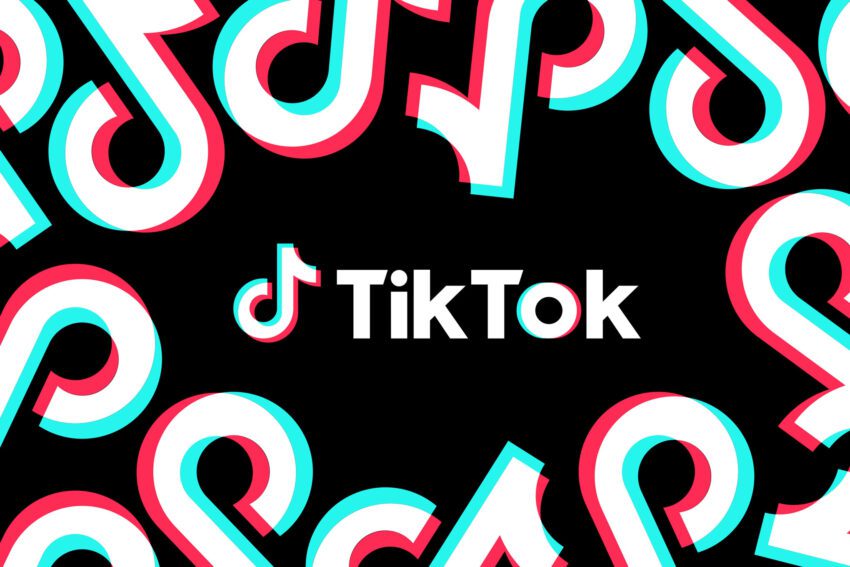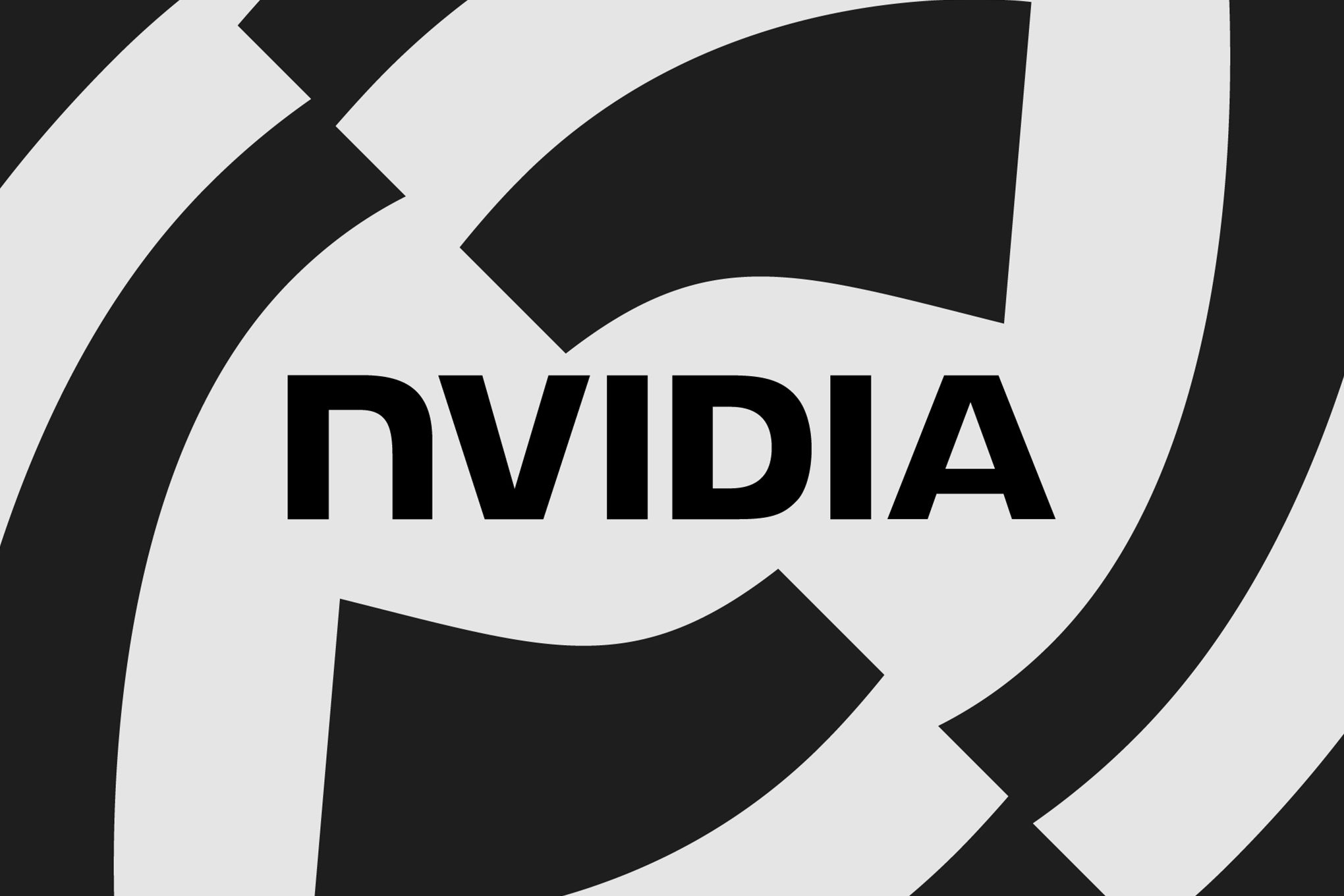
trump signs executive order approving tiktok deal President Donald Trump has signed an executive order approving a TikTok deal that will save it from a nationwide ban.
trump signs executive order approving tiktok deal
Overview of the TikTok Deal
The executive order marks a significant shift in the ongoing saga surrounding TikTok, a popular social media platform owned by the Chinese company ByteDance. The deal values TikTok’s U.S. operations at approximately $14 billion and places it under the control of American companies. This move is seen as a way to alleviate national security concerns related to data privacy and potential surveillance by the Chinese government.
Key Stakeholders
According to reports from CNBC, the deal involves several key players. Oracle, a major American technology firm, along with Silver Lake, a private equity firm, and MGX, based in Abu Dhabi, will collectively acquire a 45 percent stake in TikTok’s U.S. operations. Meanwhile, investors in ByteDance will retain a 35 percent stake. The remaining 20 percent is expected to be held by the U.S. government, although the specifics of this arrangement have yet to be fully disclosed.
Algorithm Ownership and Licensing
A crucial aspect of the deal that remains unclear is the fate of TikTok’s algorithm. Reports suggest that it is uncertain whether ByteDance will retain ownership of the algorithm or if it will license it to TikTok’s U.S. operations. The algorithm is integral to the platform’s functionality, determining how content is curated and presented to users. This uncertainty raises questions about the long-term viability of TikTok in the U.S. market and whether it can operate independently without the influence of its Chinese parent company.
Trump’s Engagement with Chinese Leadership
During a recent briefing, President Trump mentioned his conversation with Chinese President Xi Jinping regarding the deal. “I spoke with President Xi, we had a good talk,” Trump stated. “I told him what we were doing, and he said, ‘Go ahead with it.’” This interaction highlights the diplomatic nuances involved in negotiating a deal that has significant implications for U.S.-China relations.
Political Context
Since taking office, President Trump has consistently pushed back deadlines for TikTok to divest from ByteDance. The negotiations have been prolonged, reflecting the complexities of U.S.-China relations. Just last Friday, Trump indicated that he had made progress on an agreement with China, with White House Press Secretary Karoline Leavitt later asserting that the administration is “100% confident that a deal is done.”
Extension of Ban Deadline
In a notable development, Trump announced a fourth extension of TikTok’s ban enforcement deadline, which was initially set for September 16th. This extension came just one day before the deadline, indicating a willingness to continue negotiations. Treasury Secretary Scott Bessent referenced a potential agreement ahead of the extension, stating that the U.S. and China had reached a “framework” deal. Trump also mentioned that major companies were poised to invest in TikTok, further emphasizing the deal’s significance.
Historical Context of the Ban
The push to ban TikTok in the U.S. began in 2020 under the Trump administration, fueled by concerns over data privacy and national security. The idea gained bipartisan support, continuing into the Biden administration, which has also expressed concerns regarding the app’s potential use for surveillance or propaganda by the Chinese government. This led to the introduction of a divest-or-ban law set for 2024, which would require TikTok to sever ties with ByteDance or face a complete ban in the U.S.
Public Sentiment and Political Implications
Critics of TikTok have argued that the app poses a significant risk to user data and privacy, contending that it could be exploited by the Chinese government for surveillance purposes. This sentiment has been echoed by various lawmakers and national security experts, who have called for stringent measures to protect American users. However, Trump’s stance on TikTok appeared to soften over time, particularly as he recognized the app’s popularity among younger voters. The potential backlash from this demographic during the upcoming 2024 presidential election likely influenced his decision-making process.
Trump’s Remarks on Content Curation
When questioned about whether TikTok’s algorithm would prioritize content related to his political campaign, Trump responded, “If I could make it 100 percent MAGA, I would. But it’s not going to work out that way, unfortunately.” He further emphasized that “every group, every philosophy, every policy will be treated fairly.” This statement reflects the complexities of content moderation on social media platforms, particularly in the context of political discourse.
Implications for TikTok and the Broader Tech Landscape
The approval of this deal has far-reaching implications for TikTok, its users, and the broader technology landscape. If successfully executed, the deal could set a precedent for how foreign-owned technology companies operate in the U.S. market. It raises questions about the future of data privacy, content moderation, and the role of government in regulating technology companies.
Future of U.S.-China Relations
The TikTok deal also serves as a litmus test for U.S.-China relations moving forward. As both nations navigate a complex geopolitical landscape, the outcome of this deal could influence future negotiations on trade, technology, and security. The ability of American companies to operate in China, as well as the treatment of Chinese companies in the U.S., will likely be scrutinized in light of this agreement.
Reactions from Stakeholders
Reactions to the deal have been mixed. Supporters argue that it represents a necessary compromise that addresses national security concerns while allowing TikTok to continue operating in the U.S. Critics, however, contend that the deal does not go far enough to protect user data and privacy. They argue that without a complete divestiture from ByteDance, the risks associated with the app remain significant.
Conclusion
The signing of the executive order approving the TikTok deal marks a pivotal moment in the ongoing discourse surrounding technology, privacy, and international relations. As the U.S. government continues to navigate the complexities of its relationship with China, the outcome of this deal will likely have lasting implications for both TikTok and the broader tech landscape. The coming months will be critical as stakeholders work to finalize the details of the agreement and address the concerns that have fueled the debate over TikTok’s future in the United States.
Source: Original report
Was this helpful?
Last Modified: September 26, 2025 at 2:38 am
0 views















